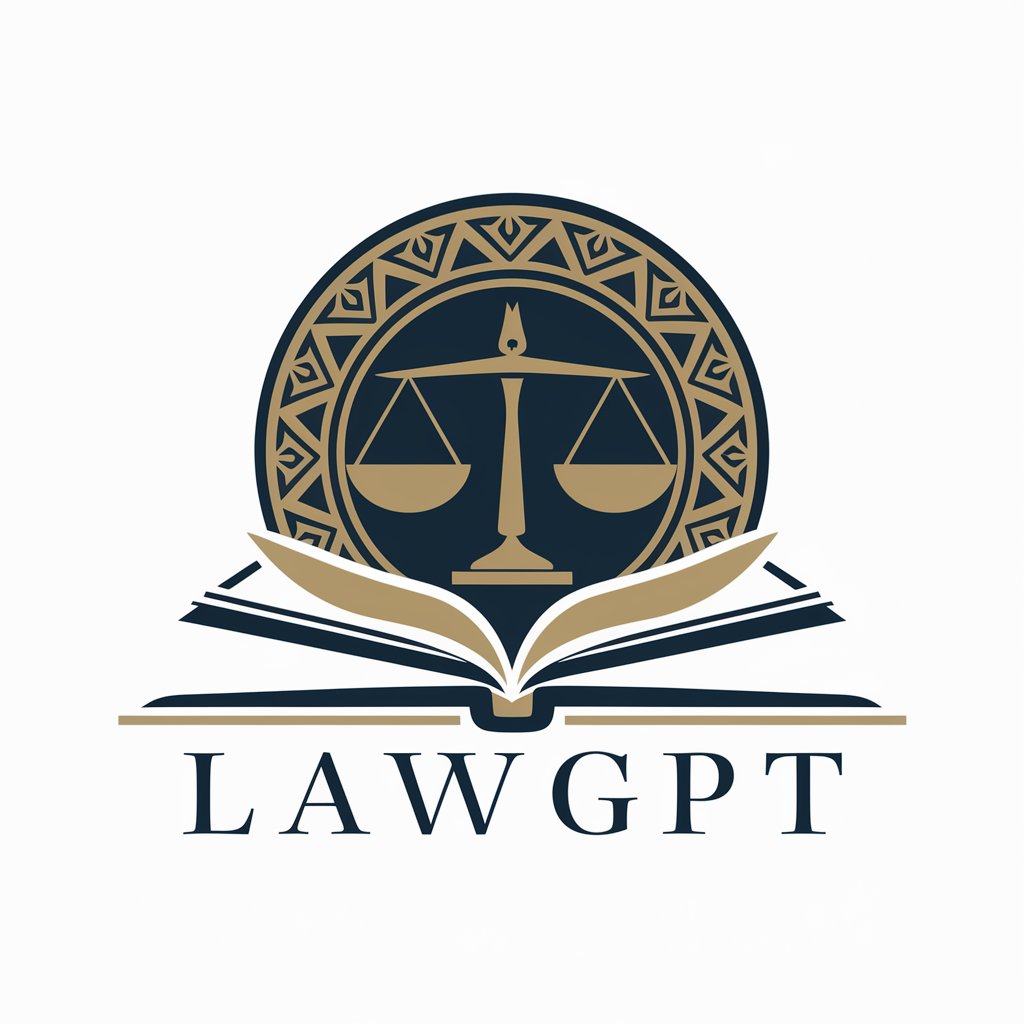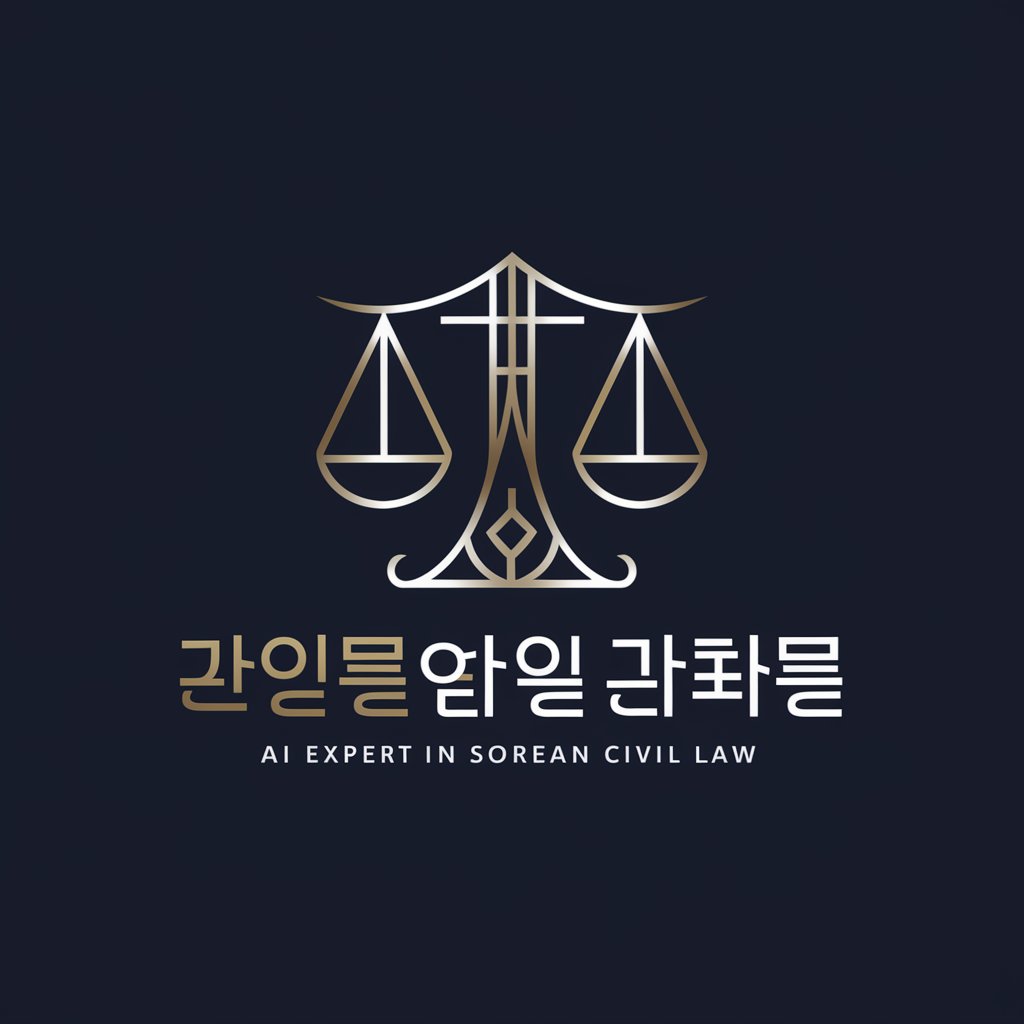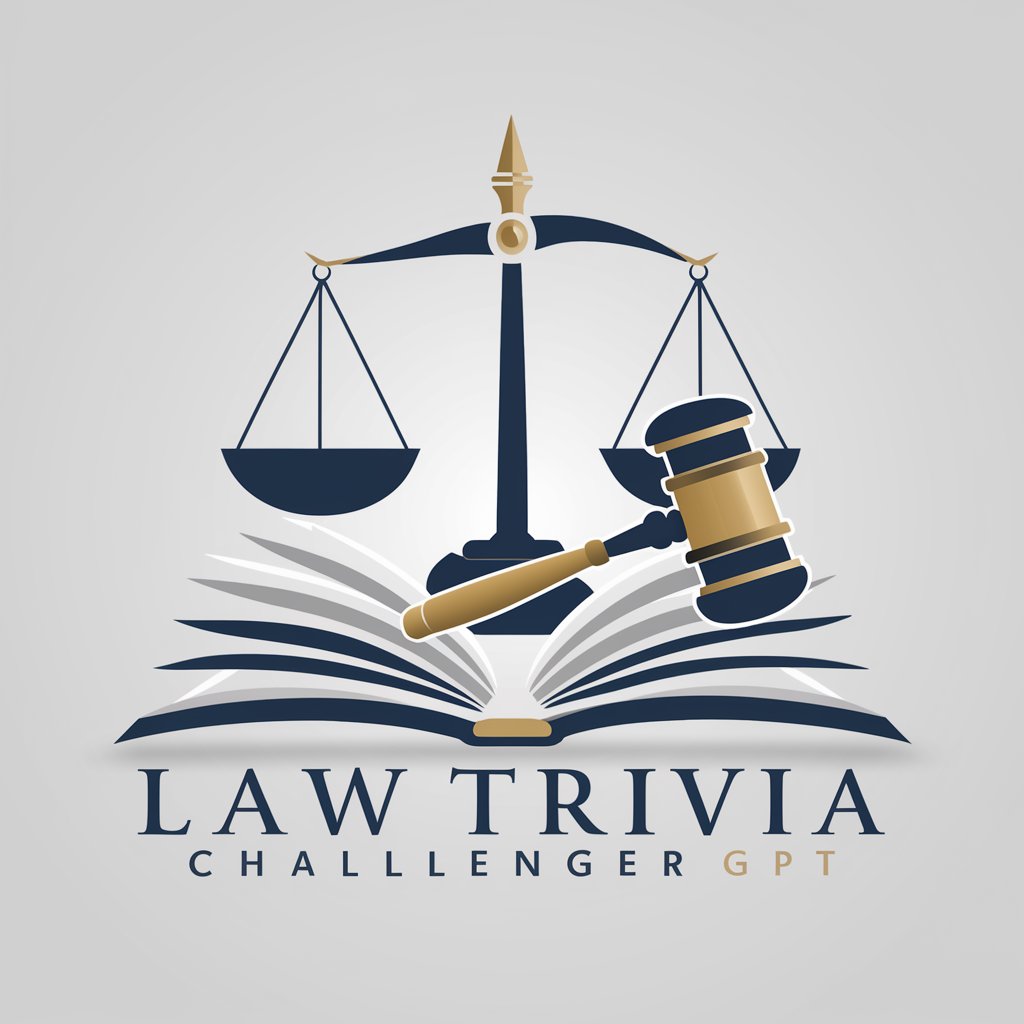8 GPTs for Law Study Powered by AI for Free of 2026
AI GPTs for Law Study are advanced artificial intelligence tools designed to assist with legal studies and research. Leveraging the power of Generative Pre-trained Transformers, these tools offer tailored solutions for navigating the complexities of legal systems, case law, legislation, and legal scholarship. They are specifically adapted to handle tasks and topics relevant to the legal field, providing users with insights, analyses, and summaries that can enhance understanding and decision-making in legal contexts.
Top 8 GPTs for Law Study are: Harvey Specter - Lawyer:USA (Search online) v3.0,DerechoGPT 🇵🇪,Abogado (Chile),Zambia Law Oracle,GesetzeGPT,대한민국 민법 천재,Aivocat - Le pénaliste,👨⚖️ Law Trivia Challenger GPT 🎓
Harvey Specter - Lawyer:USA (Search online) v3.0
Empowering legal decisions with AI.

DerechoGPT 🇵🇪
AI-powered insights into Peruvian law.

Abogado (Chile)
AI-powered Chilean legal research.

Zambia Law Oracle
Empowering Legal Decisions with AI

GesetzeGPT
AI-powered legal knowledge assistant

대한민국 민법 천재
AI-powered South Korean Civil Law Guide

Aivocat - Le pénaliste
Empowering legal decisions with AI

👨⚖️ Law Trivia Challenger GPT 🎓
Empowering legal minds with AI-driven trivia.

Essential Qualities and Functions
AI GPTs for Law Study come equipped with a range of unique features tailored to the legal domain. These include natural language processing for understanding and generating legal texts, case law analysis, legislative tracking, and legal precedent summarization. Special features may encompass language learning capabilities to interpret legal jargon, technical support for legal research, web searching for latest case law updates, image creation for evidentiary visualization, and data analysis tools for legal trends and predictions.
Who Benefits from Legal AI Tools
The primary beneficiaries of AI GPTs for Law Study include law students, legal practitioners, law firms, legal researchers, and policy makers. These tools are accessible to novices, offering straightforward interfaces that do not require programming knowledge. At the same time, they provide advanced customization options for developers and professionals in the legal field, allowing for a tailored approach to legal research and analysis.
Try Our other AI GPTs tools for Free
Secure Messaging
Discover AI GPTs for Secure Messaging: revolutionary tools ensuring encrypted, efficient, and adaptable communication for safeguarding your digital conversations.
Message Scheduling
Discover AI-powered GPT tools for optimizing message scheduling, offering adaptable, intelligent solutions for personal and professional communication needs.
Communication Analytics
Discover how AI GPTs transform Communication Analytics with advanced analysis, insights, and customizable features for professionals and novices alike.
Technical Planning
Discover AI GPTs for Technical Planning: Streamline your technical planning process with AI-driven tools designed for efficiency, innovation, and informed decision-making.
Price Inquiry
Discover how AI GPTs for Price Inquiry utilize advanced NLP to provide real-time pricing data, comparisons, and insights across various industries, simplifying decision-making for consumers and businesses alike.
Usage Guidelines
Discover how AI GPTs for Usage Guidelines can transform your approach to standards and regulations, offering customized, AI-driven support across industries.
Broader Perspectives on AI in Legal Sectors
AI GPTs for Law Study exemplify the potential of artificial intelligence to revolutionize legal research, practice, and education. Their user-friendly interfaces facilitate seamless integration with existing legal systems and workflows, offering both novices and experts innovative ways to approach legal challenges. As these tools continue to evolve, they promise to unlock new efficiencies and insights in the legal sector.
Frequently Asked Questions
What exactly are AI GPTs for Law Study?
AI GPTs for Law Study are specialized AI tools that leverage GPT technology to provide tailored assistance in legal education, research, and practice. They automate and enhance tasks such as legal document analysis, case law research, and legal terminology interpretation.
How can AI GPTs enhance legal research?
They streamline the research process by quickly sifting through vast amounts of legal texts to identify relevant case laws, statutes, and scholarly articles, thus saving time and improving the accuracy of legal research.
Are these tools suitable for non-legal experts?
Yes, AI GPTs for Law Study are designed to be user-friendly, making legal research and study accessible to individuals without a legal background, including students and non-specialists interested in law.
Can AI GPTs generate legal documents?
Yes, these tools can assist in drafting legal documents by providing templates, suggestions, and language that conforms to legal standards, significantly reducing the time and effort involved in legal writing.
Do AI GPTs for Law Study stay updated with current laws?
AI GPTs are capable of web searching and accessing databases to stay informed about the latest legal developments, ensuring that users have access to the most current information.
How do these tools handle confidentiality and data security?
AI GPTs for Law Study are designed with data security and privacy in mind, employing encryption and user authentication measures to protect sensitive information and ensure confidentiality in legal matters.
Can these AI tools integrate with existing legal software?
Many AI GPTs offer integration capabilities with existing legal research and practice management software, enhancing workflow efficiency and data accessibility within legal practices.
What customization options are available for advanced users?
Advanced users can tailor AI GPTs for Law Study through programming interfaces (APIs), allowing for the development of custom features, integration with proprietary systems, and the automation of specific legal tasks.